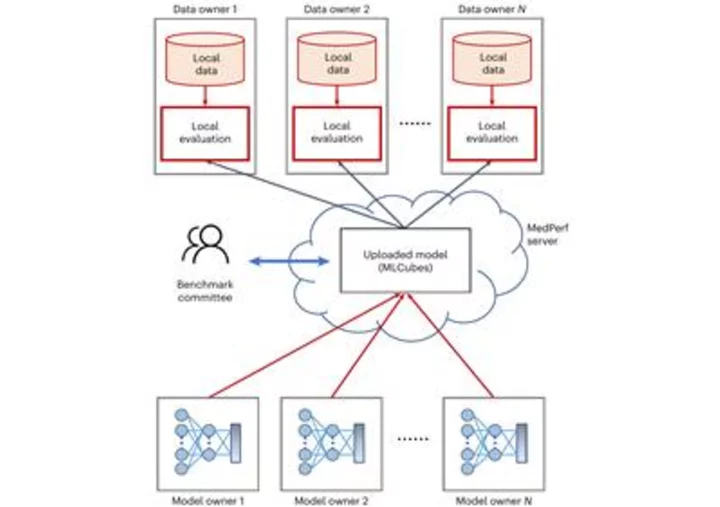If you’ve ever lived off of tips or commissions, you may be familiar with the up-and-down paychecks common in certain industries. Service jobs, sales jobs, creative careers and project-based work can all have fluctuating income, where seasonality, events or the general economy might affect your earnings.
When you can’t depend on a regular paycheck amount or paycheck timing, it can be hard to know how you’ll make ends meet when money isn’t as abundant. With some planning, budgeting and creativity, however, it can become easier to weather a varying income.
CREATE A BUDGETING PLAN
Lawrence Sprung, a certified financial planner and author of the book “Financial Planning Made Personal,” works with several financial clients who are romance novelists. These authors live off of book deals and royalties and often have to budget differently depending on their publication cycle. Sprung and his firm help these clients determine their expenses so they can figure out how much they need to save, he says. Even without the help of a CFP, there are steps you can take on your own to get your budget on the right track.
“One of the key components of an unpredictable income stream is having an emergency fund set up,” Sprung says. “We usually recommend six to 12 months’ worth of income so that when work lightens up they have income to live on.”
A six-to-12 month emergency fund can seem like a daunting goal, but you can start small, and something is better than nothing. When you’ve figured out your essential expenses, you’ll want to start setting aside separate accounts for retirement and other long-term savings goals, such as saving for your child’s college education. And of course, to determine what you’ll be able to and need to save, you’ll have to figure out how much you spend.
TRACK YOUR SPENDING FOR A SET PERIOD
As the adage says, “What gets measured gets managed.” Track your spending to see how much money you need for essential expenses and what you could cut if necessary. This can be particularly valuable for people with irregular incomes because some seasons, nights of the week, months or projects might bring in a lot more money than others. Most people can benefit from this budgeting practice.
“Budgeting is important for everyone, no matter what kind of income you have,” Sprung says. “It’s worthwhile to at least annually look at where your money is going so that you can make adjustments. You don’t have to make it complicated. In fact, the more simplistic it is, the better off you are.”
Tracking your spending each month may be a good way to start if you’re new to budgeting. Once you know what you’re spending, you can usually find categories to cut back on — such as dining out — so that you can divert more money toward other goals like debt repayment and savings, especially for things such as retirement or a house. Keep in mind that if taxes aren’t already taken out of your pay, you’ll need to set aside money from every paycheck for when tax season rolls around.
GET CREATIVE TO REDUCE EXPENSES AND INCREASE INCOME
Barbara Sloan, a personal finance coach and author of the book “Tipped: The Life-Changing Guide to Financial Freedom for Waitresses, Bartenders, Strippers and All Other Service Industry Professionals,” has worked in and written about the service industry. As in most career paths, Sloan says, the amount you save as a service worker depends on growing the gap between what you make and what you spend. When it comes to cutting spending, Sloan says people can start by looking at what she calls the big three: housing, transportation and food. Reducing spending can only go so far, however, so Sloan encourages service workers to look at the other side of the equation and get creative in how they can earn more money.
“In an employee market, one of the easiest ways to make more money is to hold multiple jobs or find a new job within the industry,” Sloan says. “You can find lots of different opportunities to earn more money depending on the area you live in, what your role is and what establishment you work for.”
Whether or not you decide to take on an additional gig, Sloan says one of the best things you can do is use the resources you have, such as collaborating with your manager for more training on points of service, tips on upselling or resources they can offer to help you make more meaningful guest experiences. She says you could also make more money at work by picking up more shifts, and that your relationships with your coworkers are also a resource.
With these tips — and by tracking and maximizing income and being conscientious about spending and saving — people with fluctuating incomes can create better financial security for themselves.
“If hard work was all it took, every waitress would be wealthy,” Sloan says. “It takes understanding the financial systems and managing your money accordingly.”
_________________________________________
RELATED LINK:
NerdWallet: Emergency fund: What it is and why it matters https://bit.ly/nerdwallet-banking-emergency-fund-why-it-matters









